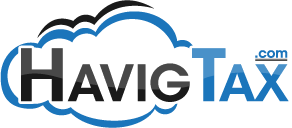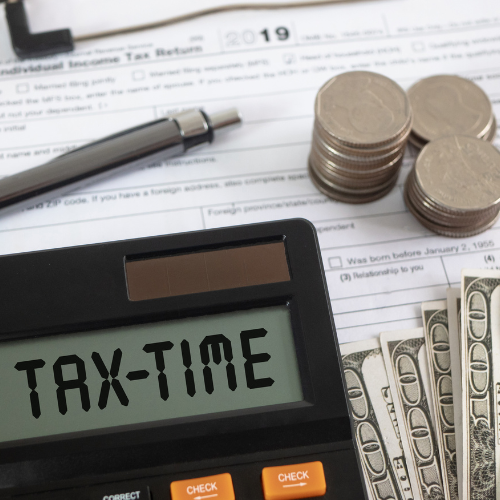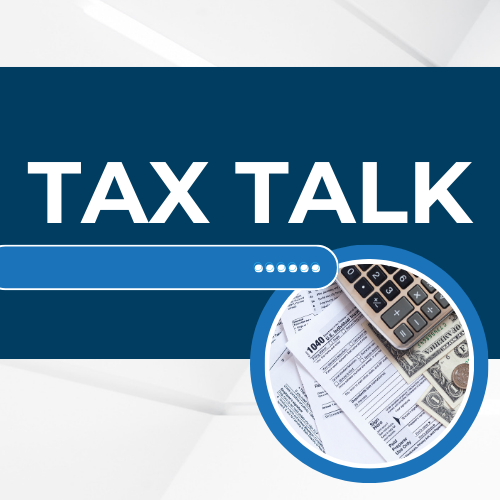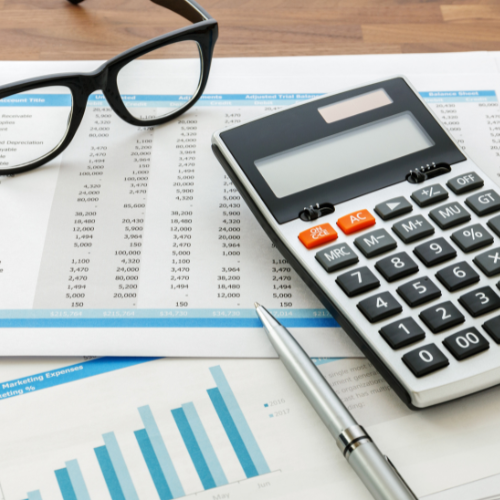Tax Planning for Your Future
Tax Planning for Small Business Owners
Tax planning is the process of gathering and analyzing financial information to identify and implement tax-saving strategies. It is an important part of running a small business, as it can help you save money and avoid penalties.
There are many different tax planning strategies that small business owners can use. Some of the most common strategies include:
- Choosing the right business entity. The type of business entity you choose can have a significant impact on your taxes. For example, sole proprietorships and partnerships are pass-through entities, which means that the income and losses of the business are passed through to the owners' personal tax returns. This can be beneficial if you have other sources of income, such as a job or investments, that put you in a high tax bracket. C corporations, on the other hand, are taxed separately from their owners. This can be beneficial if you want to shield your personal assets from business liabilities.
- Taking advantage of tax deductions and credits. There are many different tax deductions and credits available to small business owners. Some of the most common deductions include:
- Business expenses, such as rent, utilities, and supplies
- Depreciation of business assets
- Meals and entertainment expenses
- Charitable contributions
- Deferring or accelerating income. In some cases, it may be possible to defer or accelerate income in order to minimize your tax liability. For example, if you expect to have a high income in the coming year, you may want to consider deferring some of your income into a future year. Conversely, if you expect to have a low income in the coming year, you may want to consider accelerating some of your income into the current year.
- Contributing to retirement accounts. Retirement accounts, such as 401(k) plans and IRAs, offer a number of tax advantages. For example, contributions to these accounts are tax-deductible, and earnings grow tax-deferred.
- Using tax planning software. Tax planning software can help you track your income and expenses, identify tax deductions and credits, and prepare your tax return. There are a number of different tax planning software programs available, so you can choose one that fits your needs and budget.
Tax planning can be complex, but it is important for small business owners to take the time to understand the tax implications of their business decisions. By taking advantage of tax planning strategies, you can save money and avoid penalties.
Here are some additional tips for small business owners who are looking to save money on taxes:
- Keep good records. This includes all of your income and expense documentation, as well as any other relevant financial information. The better your records are, the easier it will be to prepare your tax return and identify tax-saving opportunities.
- Get professional help. If you are not comfortable with tax planning, or if you have a complex business, it is a good idea to hire a tax professional. A qualified tax professional can help you understand the tax implications of your business decisions and develop a tax plan that meets your specific needs.
Tax planning is an important part of running a small business. By taking the time to understand the tax implications of your business decisions and develop a tax plan, you can save money and avoid penalties. Contact our office to begin tax planning for year 2023!
Quick Links
Contact Information
Business Hours
- Mon - Fri
- -
- Sat - Sun
- Closed















